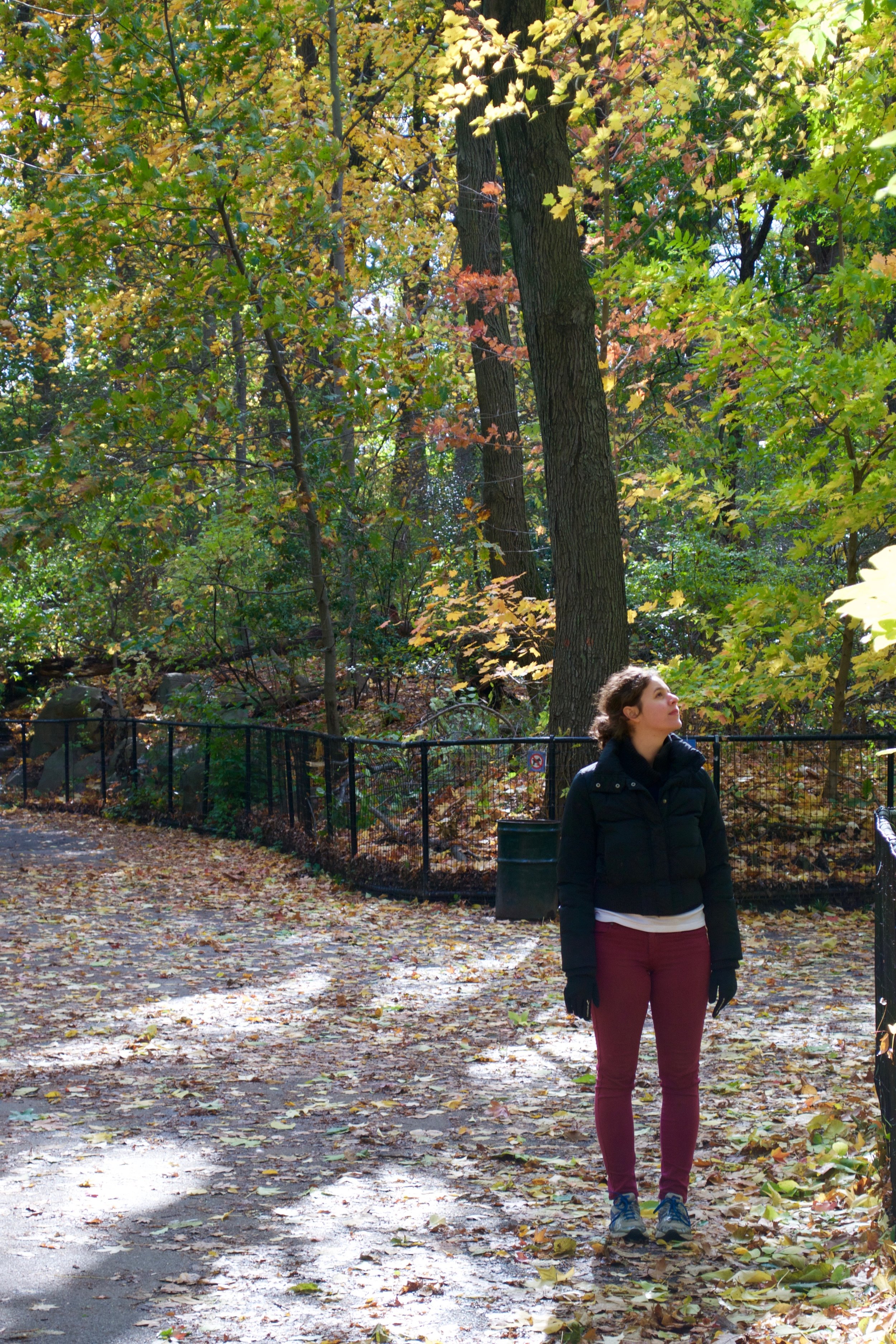Let’s say that someone you cared about made a painful accusation about you, something like “You’re an extremely selfish person.” You could respond in one of four ways:
1. Blame yourself: Oh man, I am such a selfish person! I am the worst! I immediately need to apologize for absolutely everything I did to this person!
I don’t know about you, but for much of my life, this was one of my go-to responses. Apologize, apologize, apologize. And there’s a certain good intention there — we want others to feel better, so we accept blame and responsibility.
But, as Rosenberg points out, in doing so we accept the other person’s (negative) judgements of ourselves – which may not always be true. And down the line, this can really mess up our self esteem, and lead us to feeling chronically guilty, ashamed, and depressed.
2. Blame others: She has absolutely no business telling me that I’m self-centered! If anything, she’s the self-centered one!
This is also something that I’ve done. I mean, haven’t we all? The problem is that this response just generates anger, rather than helping to necessarily resolve the conflict.
If we just say that the other person “shouldn’t” feel that way, rather than having any empathy for how they are feeling, it’s hard to connect and truly resolve conflict.
3. Sense into your own feelings and needs: Wow, I feel really triggered right now. That accusation brought up all the self-judgement that I already have when I try to take care of myself instead of automatically doing what other people want.
Instead of assuming that the other person is right or getting mad at them, with this approach you simply notice what’s happening for you.
You notice how this one accusation brought up other negative thoughts and self-judgements that already existed in your head. You notice how this particular statement triggered all kinds of other, deeper fears.
When you start from this place you’re not blaming anyone — either the other person or yourself. You’re just giving yourself the chance to notice all these feelings that are already happening, so you don’t get overwhelmed by them and react inappropriately.
4. Sense into the other person's feelings and needs: I guess that she was really wanting to feel supported by me, and because I attended to my own needs instead, she wasn’t able to get what she wanted. It seems like this was really painful for her.
With this approach, you try to assess what the other person was feeling or needing. Again, there’s not any judgement here — she’s not a “bad person” for wanting or needing something, or for having a particular reaction to not having her wants or needs met.
At the same time, you’re not blaming yourself. It’s not that you’re a bad person because you didn’t meet her needs, or because she had a particular emotional reaction .
You’re just noticing what seems to be happening for her.
—
Rosenberg points out that when our main reactions are #1 or #2, we tend to have more painful or messy conflict with others. We either feel guilty and take on blame that we may not wholly deserve, or we get angry and blame the other person. Either way, we’re throwing a lot of blame around — and that tends to make things worse.
On the other hand, either #3 or #4 are awesome starting places. When we can have empathy and understanding for both ourselves or another person — again, just understanding how both of us are feeling without judgement — we can begin the conversation with kindness and are more likely to be able to diffuse the situation.
Even more powerfully, we all respond more positively when we feel heard and seen with empathy. For example, maybe you couldn’t have behaved differently. But when the other person knows that you hear their pain, and you would like to help them resolve their pain, they tend to relax.
On a personal note, it’s hard to overemphasize how much more kind, relaxed, and safe my arguments with loved ones feel when I can remember to start with #3 or #4. I can’t recommend them enough.
—
Over to you! Think of a recent conflict you’ve had: which of the four reactions did you have? Which of the four did you completely forget about?

















